An initiative from Opel which saw Dutch side Feyenoord become the world’s first football club to carry out a study of its fans’ DNA: an activation approach which sees the brand and club leverage a contemporary social and scientific issue by blending scientific technology and sports passion in the form of an online test enabling fans to see just what kind of supporter they are.
Territory: Netherlands
Agency: Triple Double Sport Marketing
Objectives
‘The Great Feyenoord DNA Study’ saw sponsor Opel set out to offer the club’s supporters a chance to understand and explain their devotion to the team by literally studying their DNA.
The initiative was a response to fan research which found that when asked ‘why do you love Feyenoord?’, supporters often struggle to explain, saying ‘it’s just part of me’ and ‘I was born with it’.
The benefit for the fan was to discover their true supporter allegiance familiar roots and blood ties, while for Opel the digital interaction and online test boosted engagement and built digital fan data.
The objective to develop a broader and deeper understanding of the supporter base – primarily in the digital space – with the aim of using the learnings from this detailed list to engage and convert those fans with high Opel brand preference (a segment which amongst club supporters is twice as high as the average Dutch citizen at around 40% versus around 20%) on a one-to-one basis.
The overall aims was the achieve 15% awareness of the campaign amongst the general Dutch population and 70% among Feyenoord fans.
The detailed ROI data objectives included:
25,000 visits to the opel.nl/feyenoord online platform
10,000 participants in the online DNA test
€575,000 worth of media and PR value
2.5% engagement rate on Facebook
Activation
Background
Opel, Feyenoord and its fans have a long have a long-standing relationship which dates back to the 1980s.
Indeed, Opel was a main club sponsor between 2013-2017 and then reworked the tie-up to become a strategic partner between 2017-2020 (in a deal that also sees the automotive brand supply a major vehicle fleet of around 100 cars to the club, players, management, medical and technical employees).
The campaign dovetails with Opel’s umbrella marketing strategy which, from 2017, saw the brand position itself as ‘for everyone’ and thus saw the car company leverage its club rights through synergies relating to Feyenoord’s own positioning as a ‘club for everyone’ based around the ‘Heart for Feyenoord’ theme.
Campaign
‘The Great Feyenoord DNA Study’ continued this strategy and its launch was fronted by Dutch television presenter and Feyenoord fan Sander de Kramer.
Launched in January 2018, the initiative was based around an online test – hosted on a bespoke Opel digital platform at opel.nl/feyenoord – which enabled fans to discover just what type of Feyenoord supporter they were.
The test consisted of 18 different statements: the answers to this would con tribute to a generic study which would take place after the consumer phase of the campaign came to a close.
The campaign saw both brand and club channels (social, digital, email and pitch side LEDs), plus paid posts used to drive awareness with most content pieces sought to drive consumers to the site and complete the online test.
Around 14,000 fans took the online test and around a third of those fans participating said they wold be happy to provide a physical DNA sample for the genetic test – resulting in 168 Feyenoord supporters sharing their DNA.
A team of scientists at the Omnigen Genetic Research Laboratory studied these samples and concluded that there is no ‘Feyenoord gene’ and that it was a set of other factors – including where they were born, where they live, how they were raised – which make someone a Feyenoord supporter.
The results of the genetic research were published online on 10th April 2018 and the following day, at the opening night of the Sport Film Festival Rotterdam, Feyenoord premiered a film about the initiative.
Plus Fox Sports broadcasting the ‘Feyenoord DNA’ report on its online and TV channels.
The campaign continue through the following months with an additional phase in August when the brand and the club open a ‘Feyenoord Geboorteloket / Feyenoord Birth Desk’: this was both a physical space in the Feyenoord Fanshop Marathon and a digital one at opel.nl/feyenoord where new parents could register their babies as ‘Kameraadjes / Young Feyenoord Supporters’.
Outcome
The campaign saw Opel engage with more than 60,000 Feyenoord supporters and generated 20 TV pieces, 104 radio reports and 100 national and regional media articles.
Opel also claimed that it achieved 90,000 direct digital connections with Feyenoord fans.
Additional results included:
299 visitors to the opel.nl/feyenoord online platform (Google Analytics)
14,466 fans took the online test (Selligent).
€1,003,207.18 worth of media and PR value (Mediacom)
3.91% Facebook engagement rate (source: Coosto).
19% of the Dutch population and 78% of Feyenoord fans aware of the campaign ( NielsenSports).

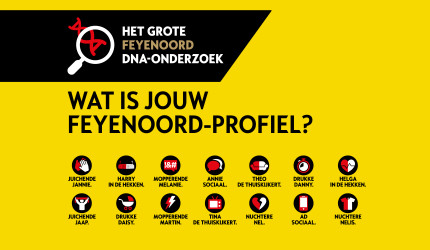













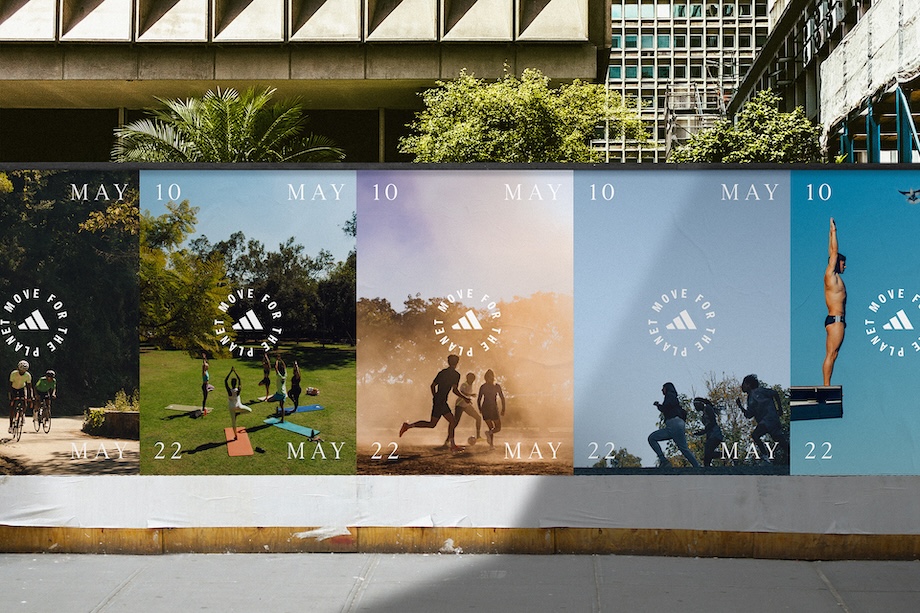
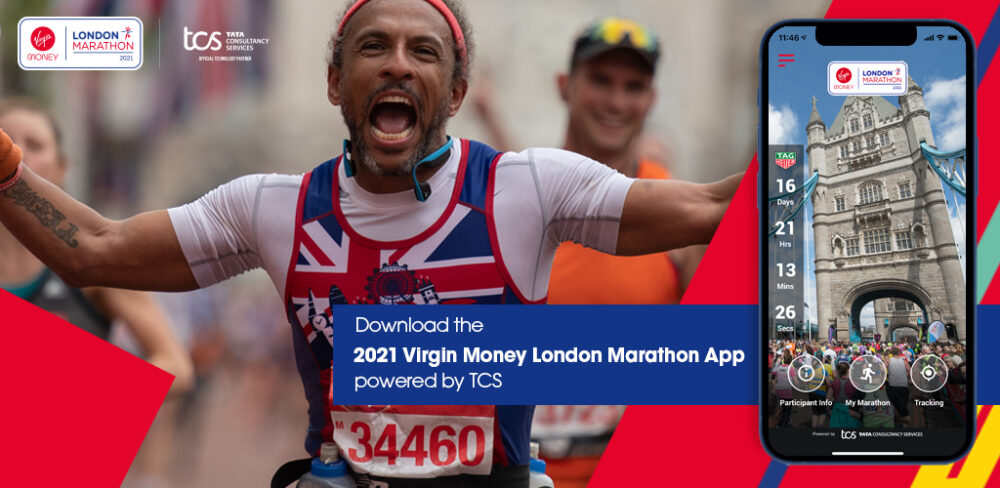
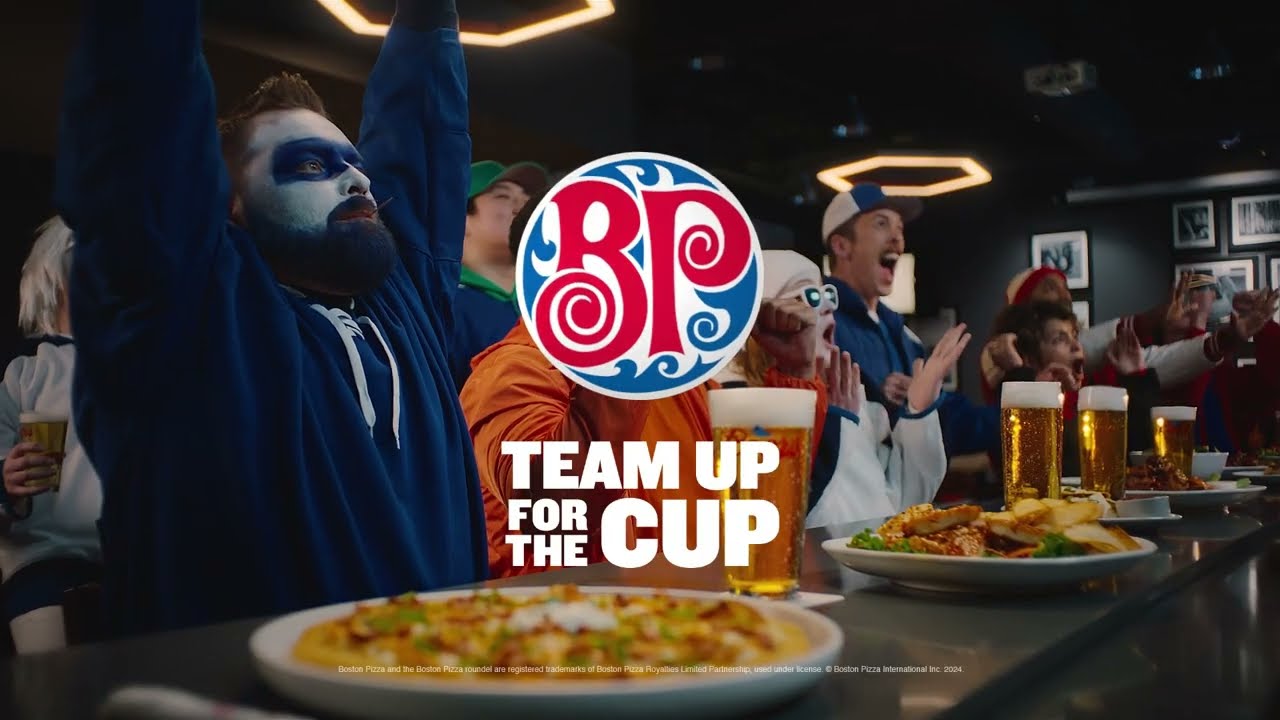
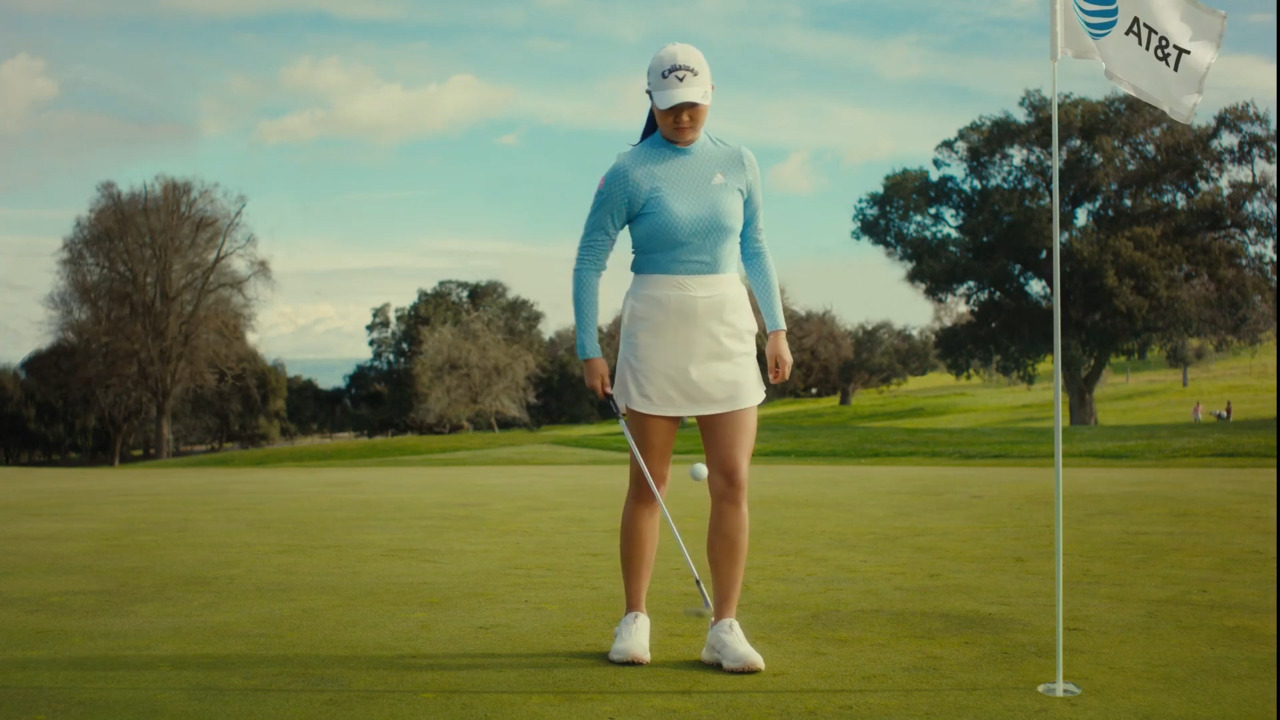
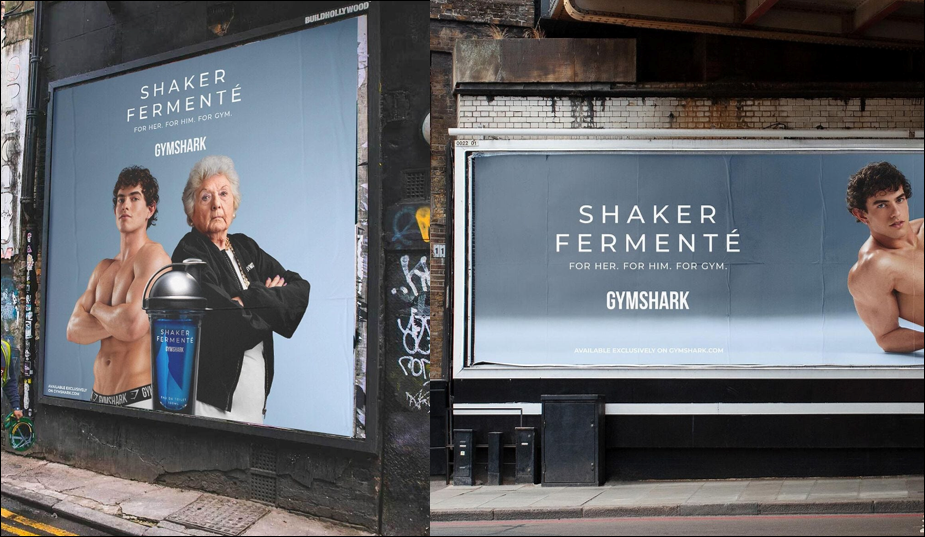
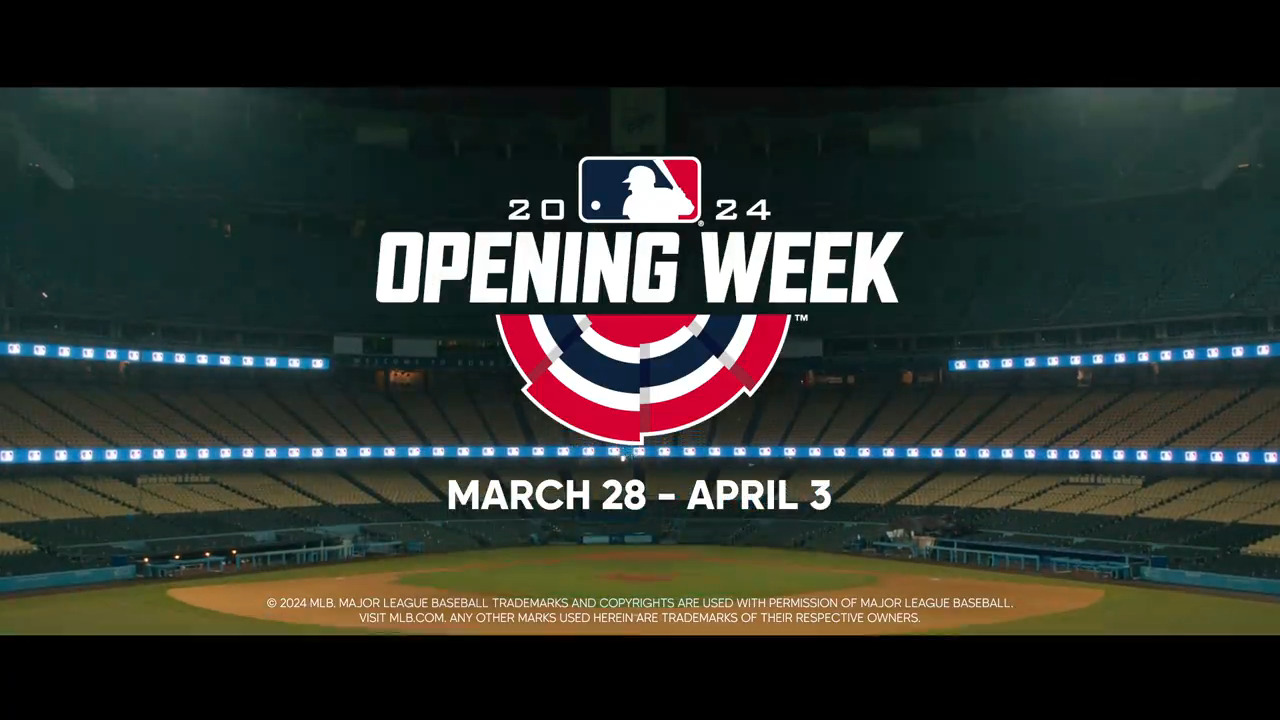
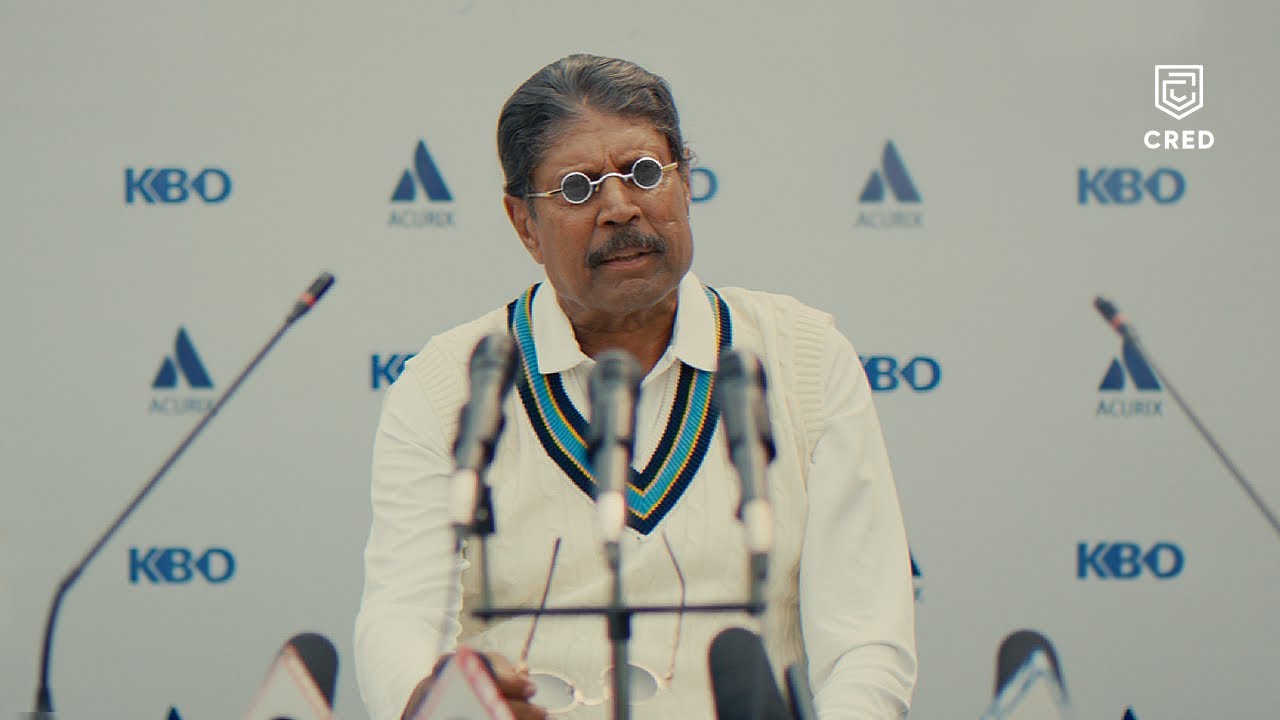
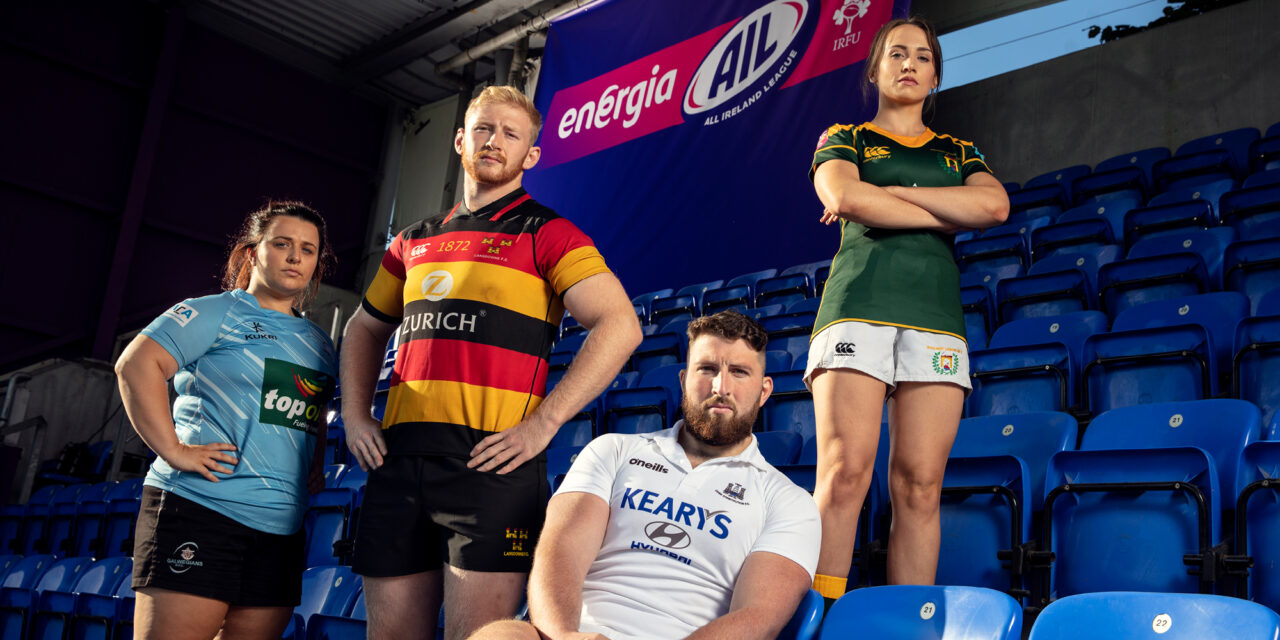
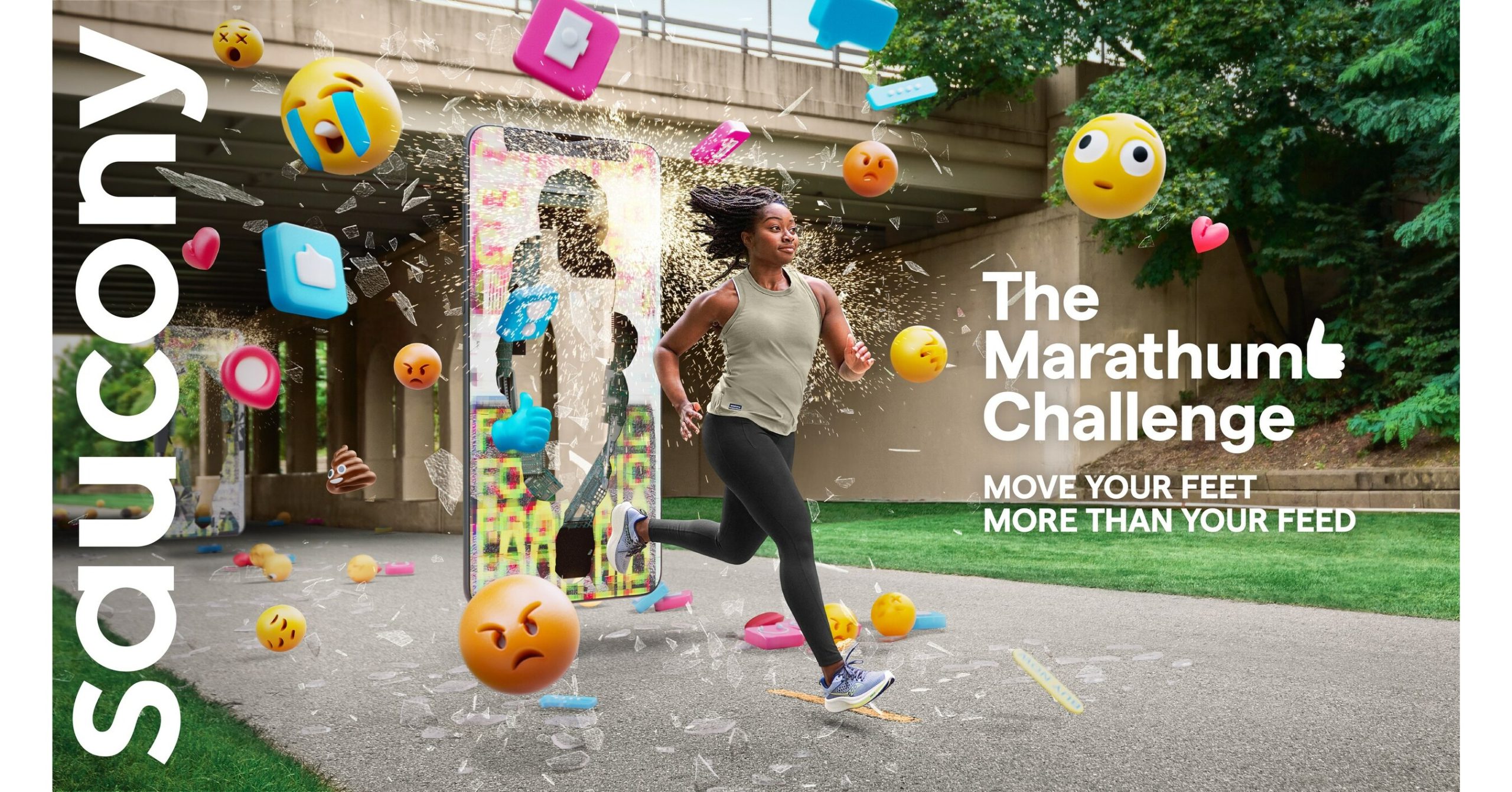

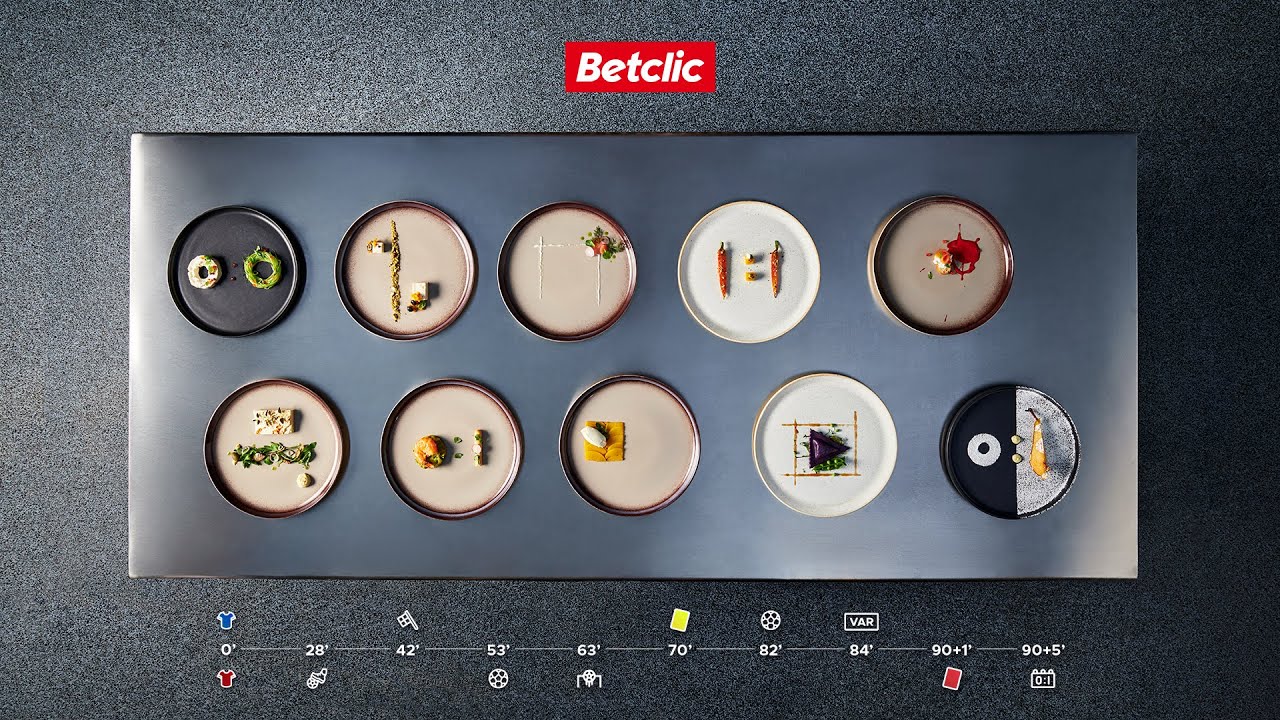

Leave a comment
You must be logged in to post a comment.